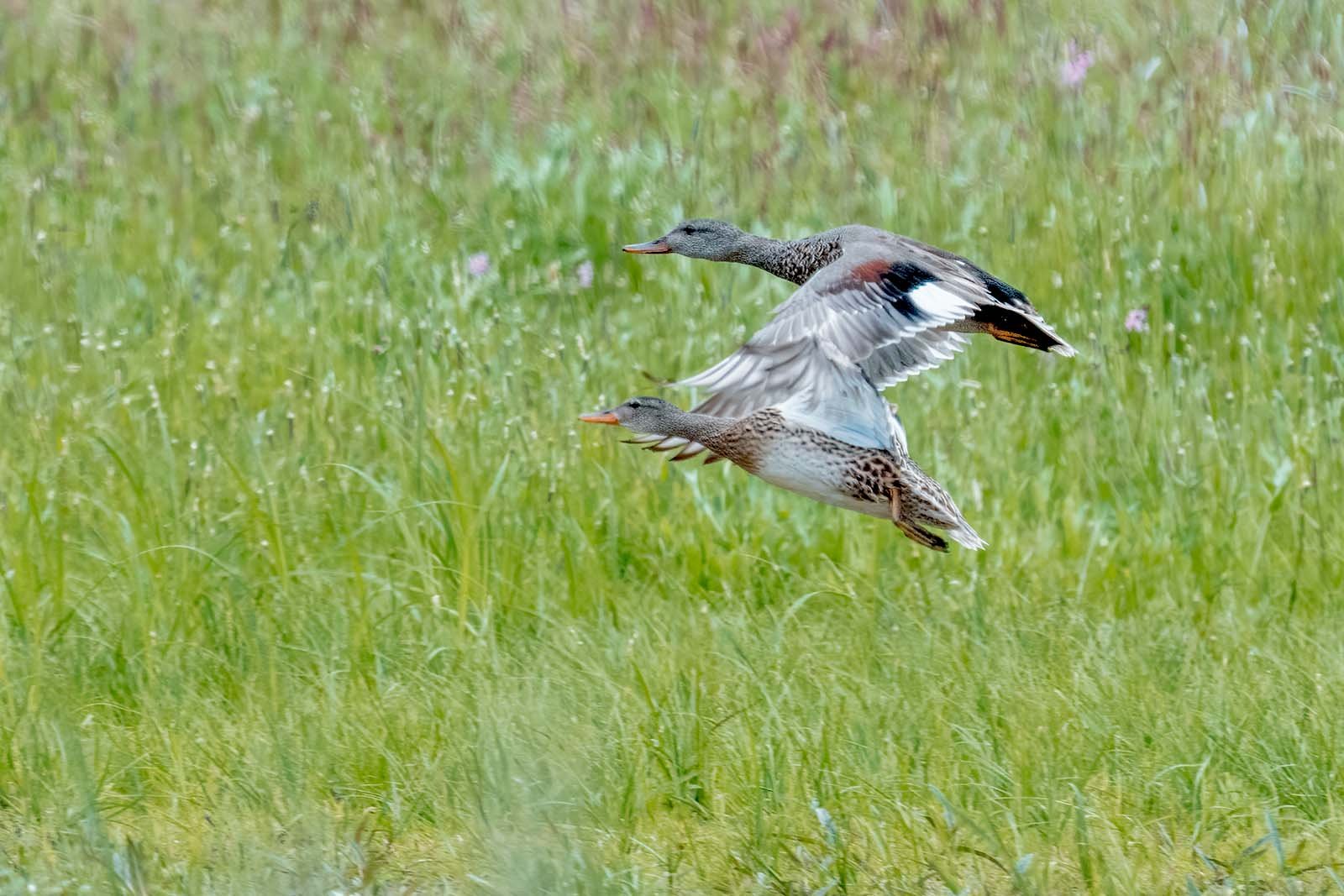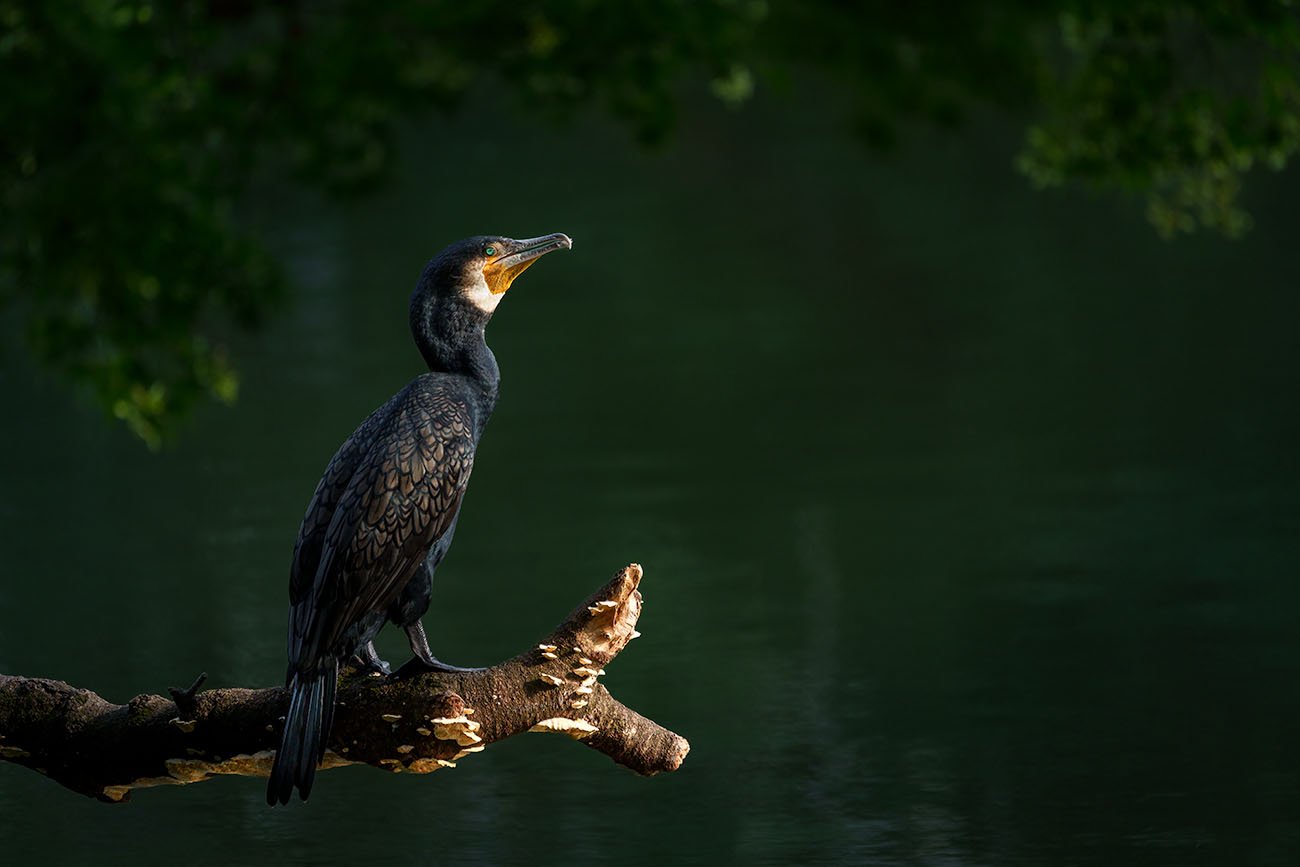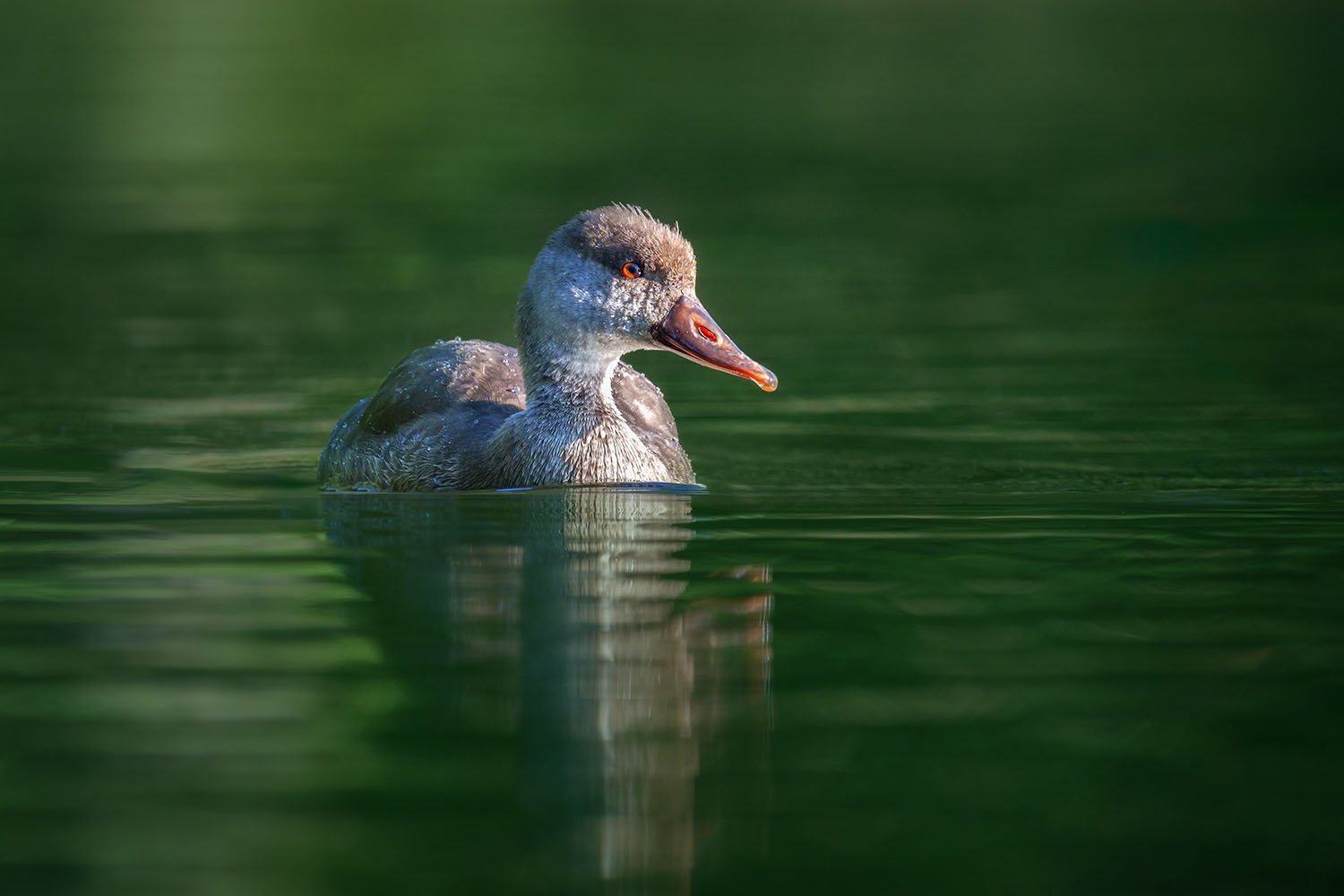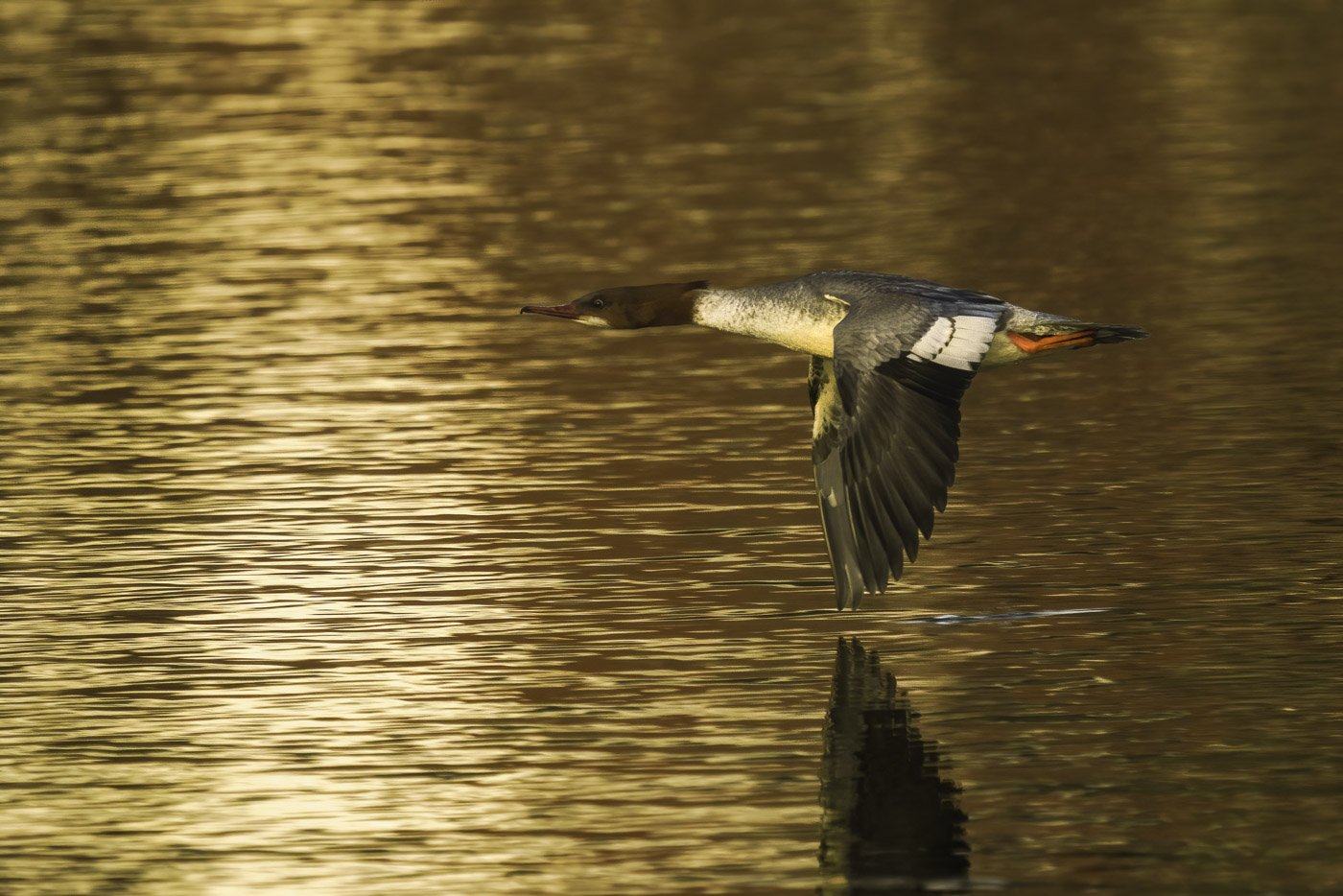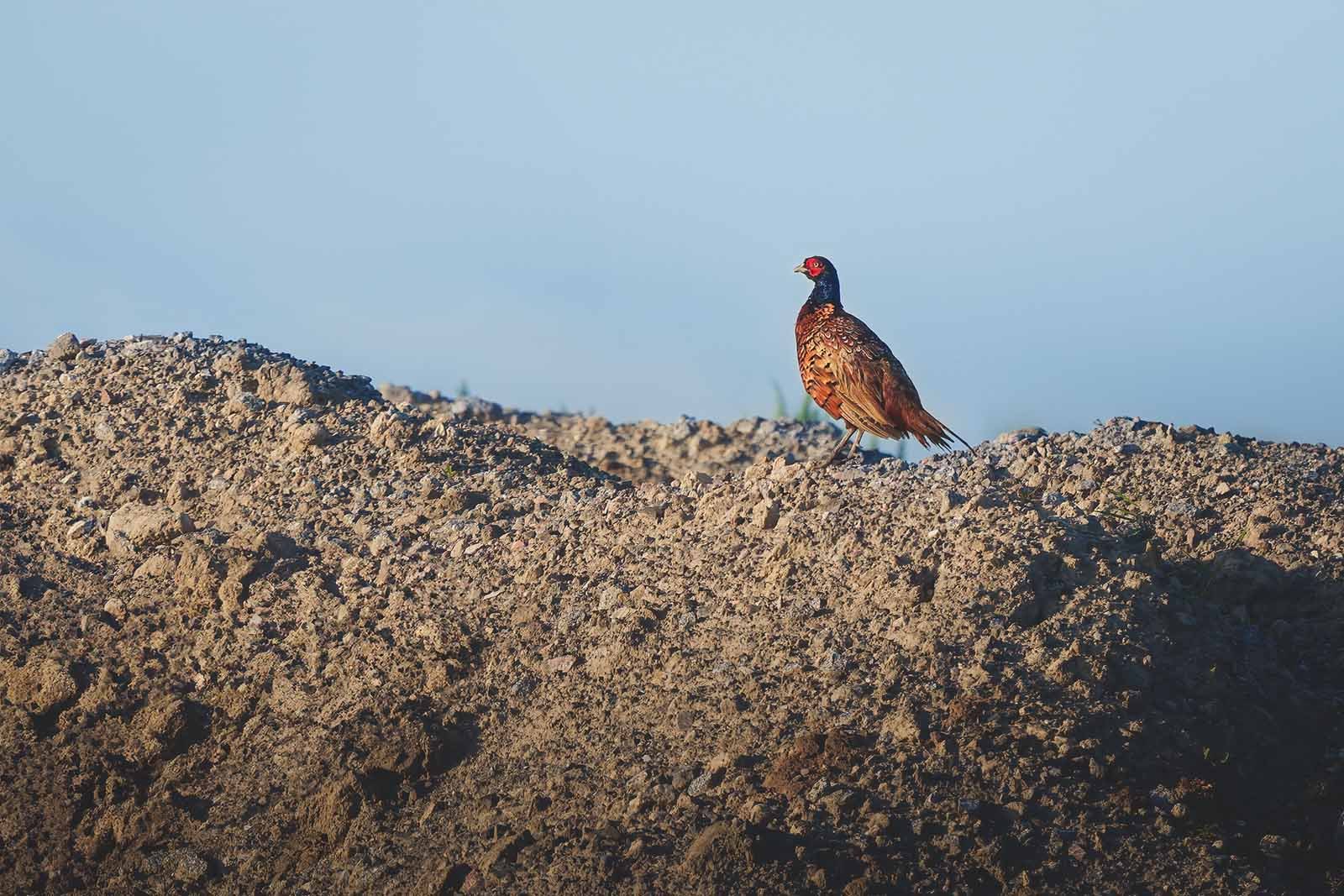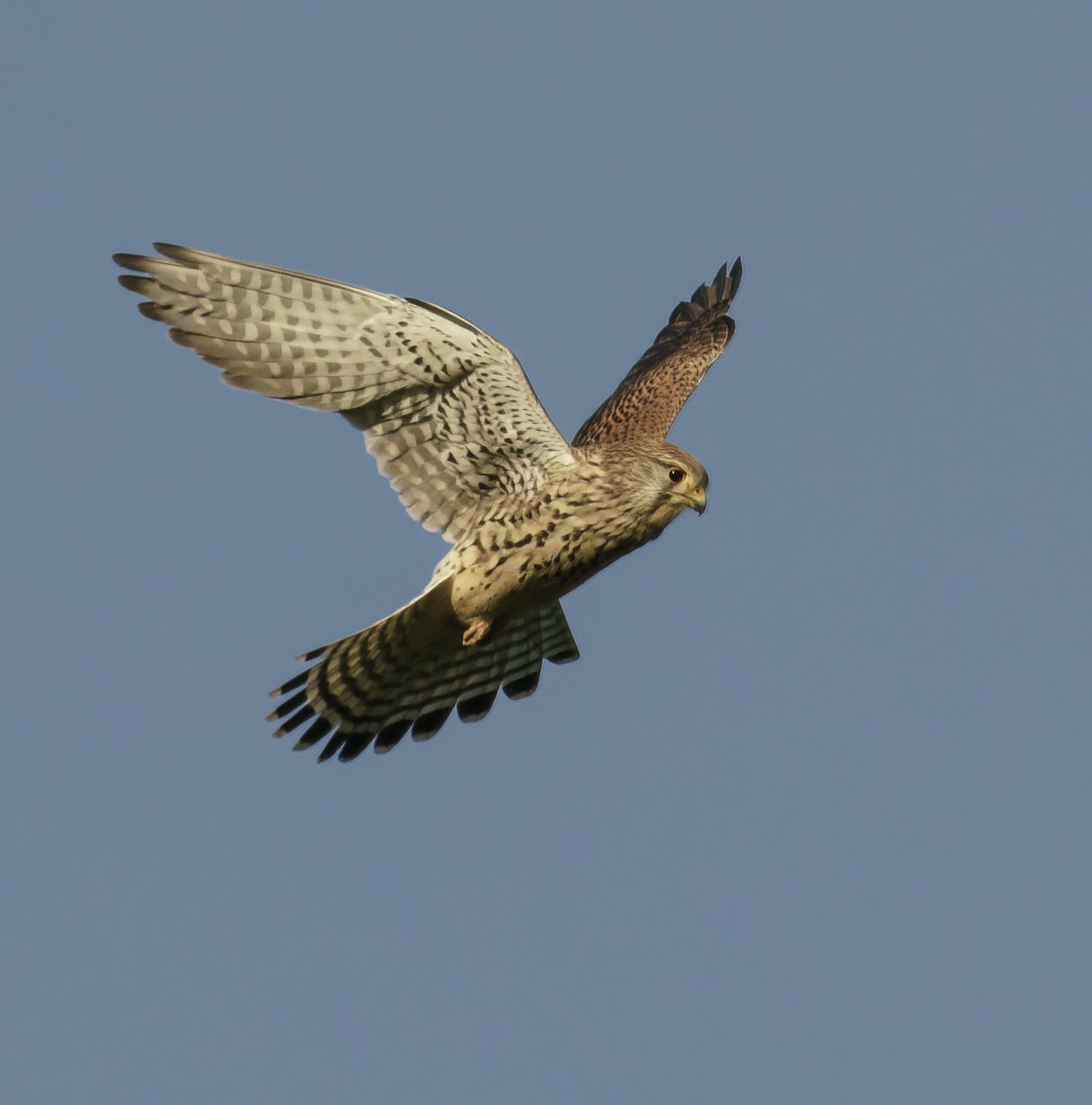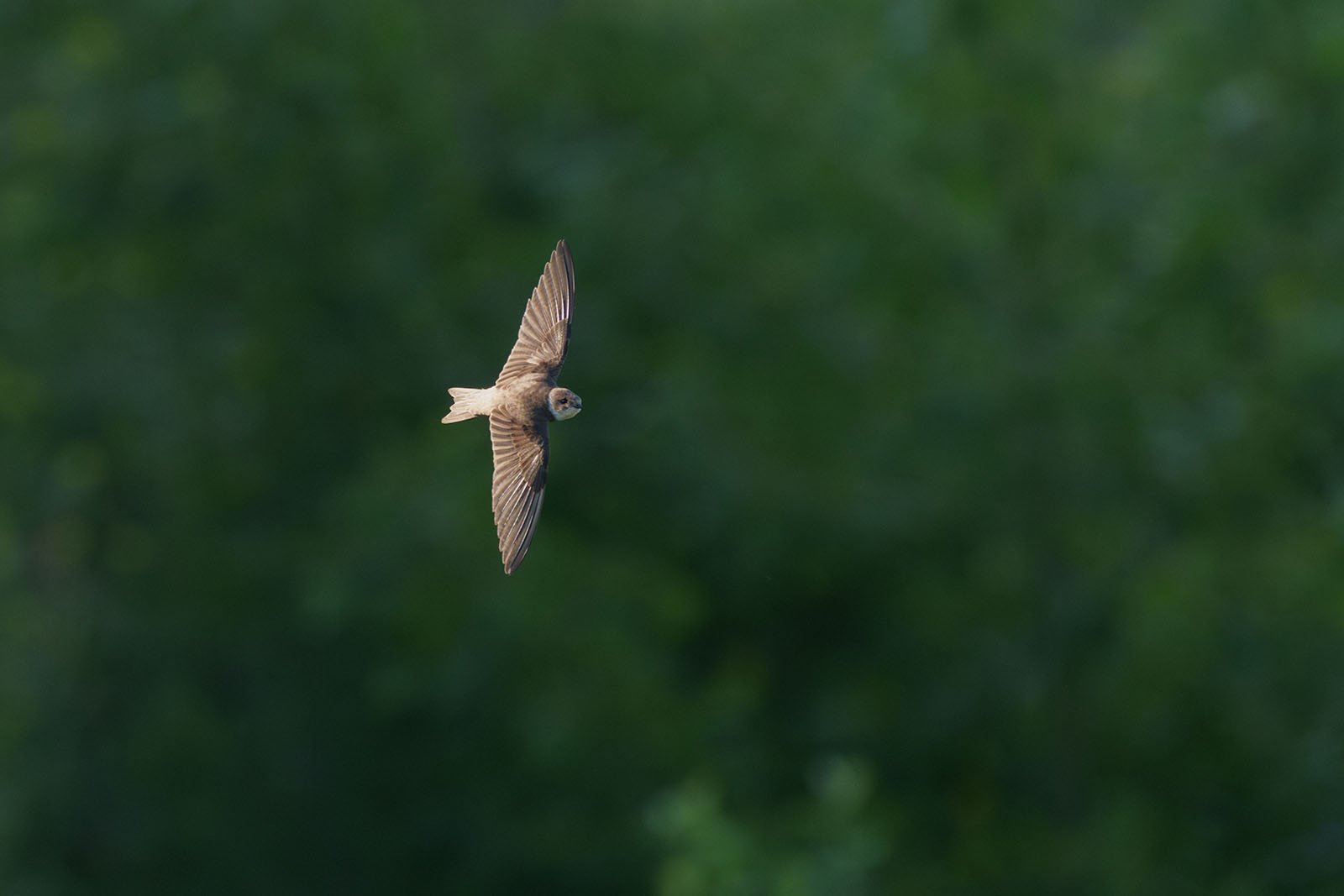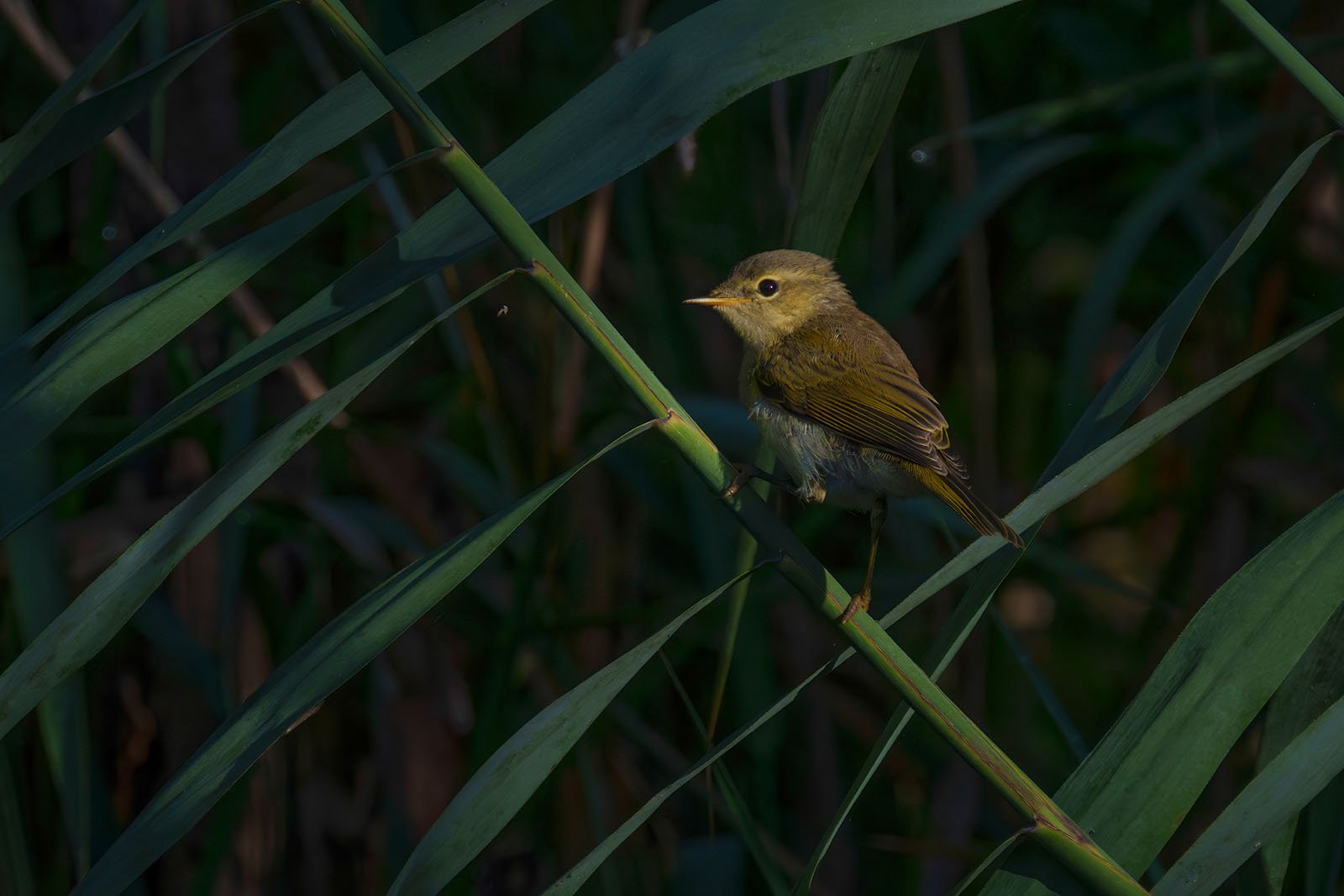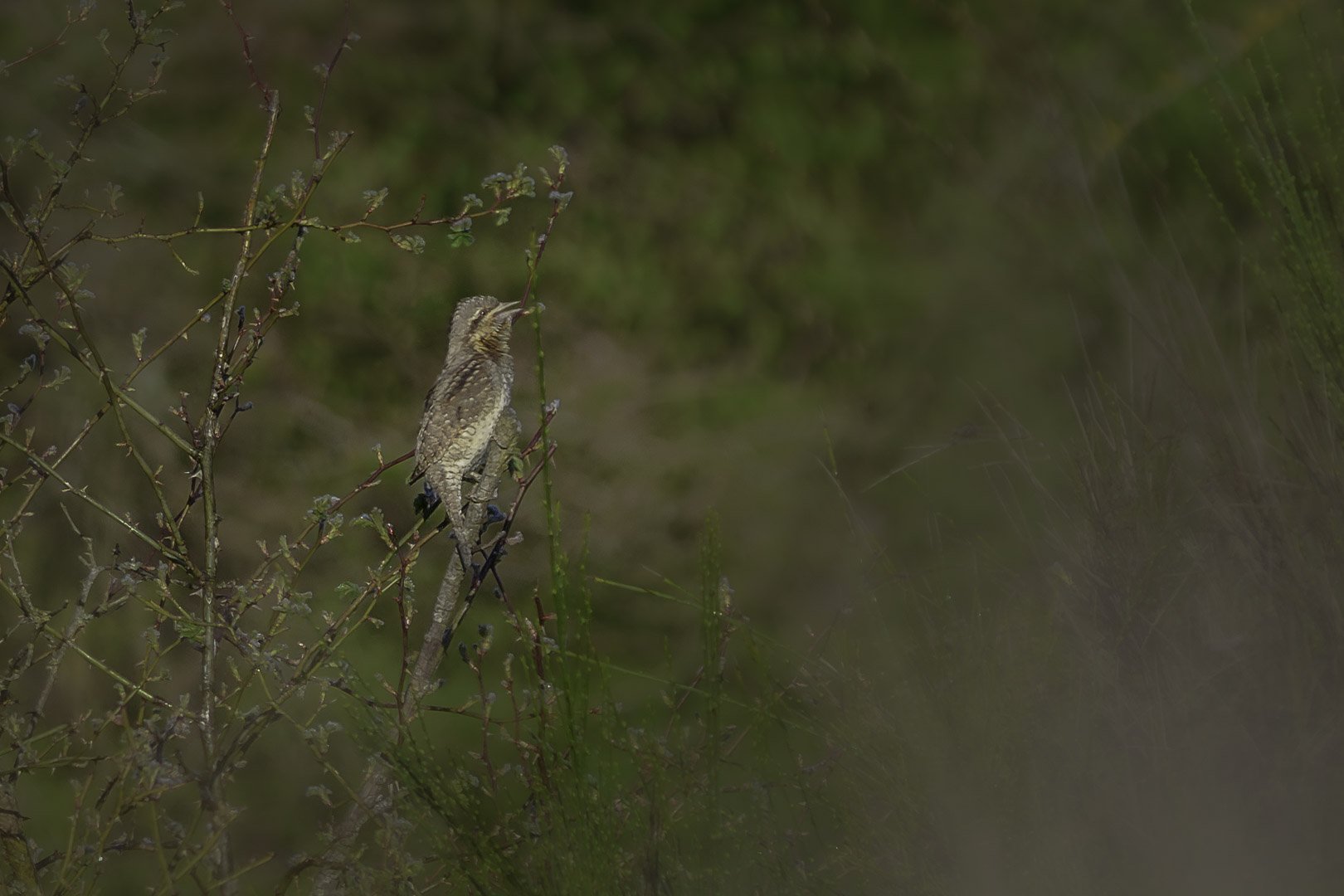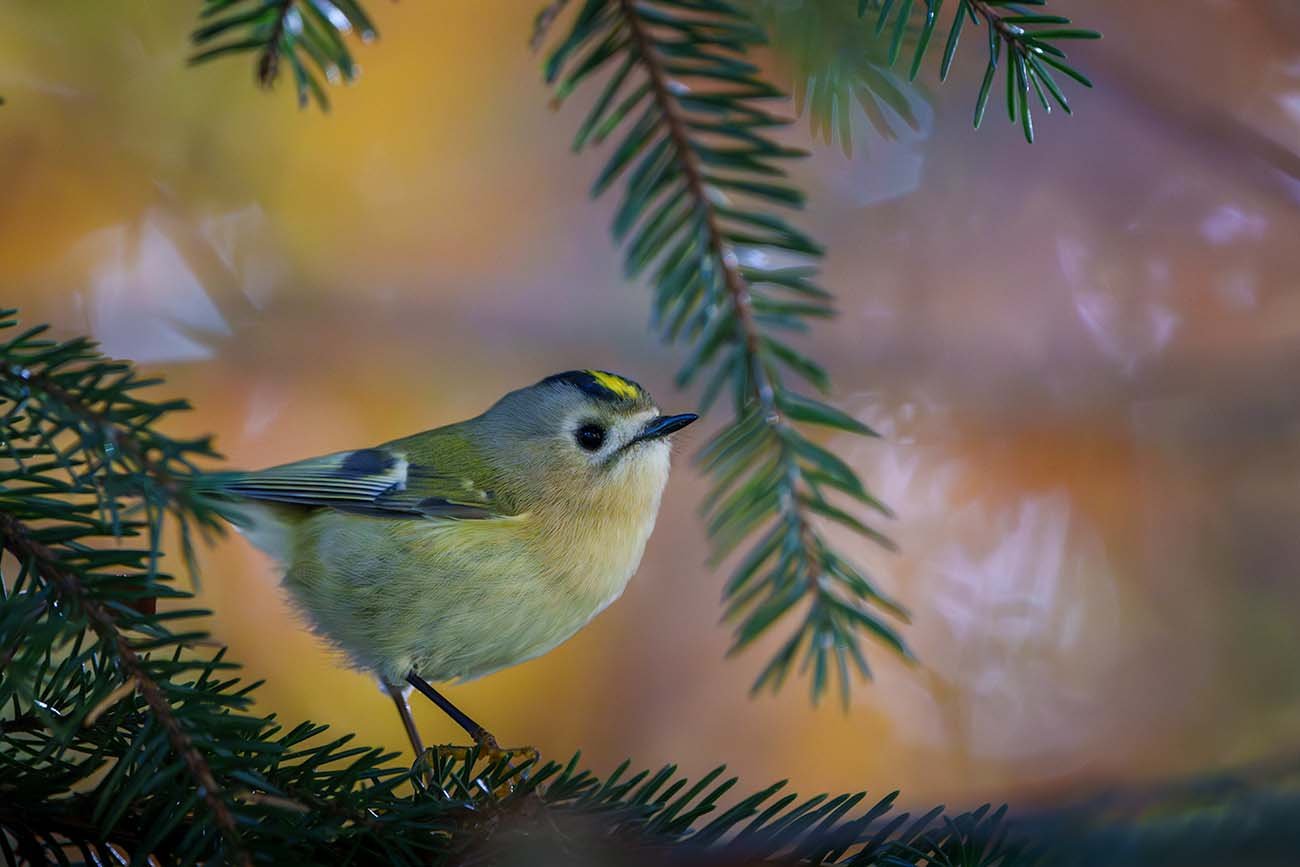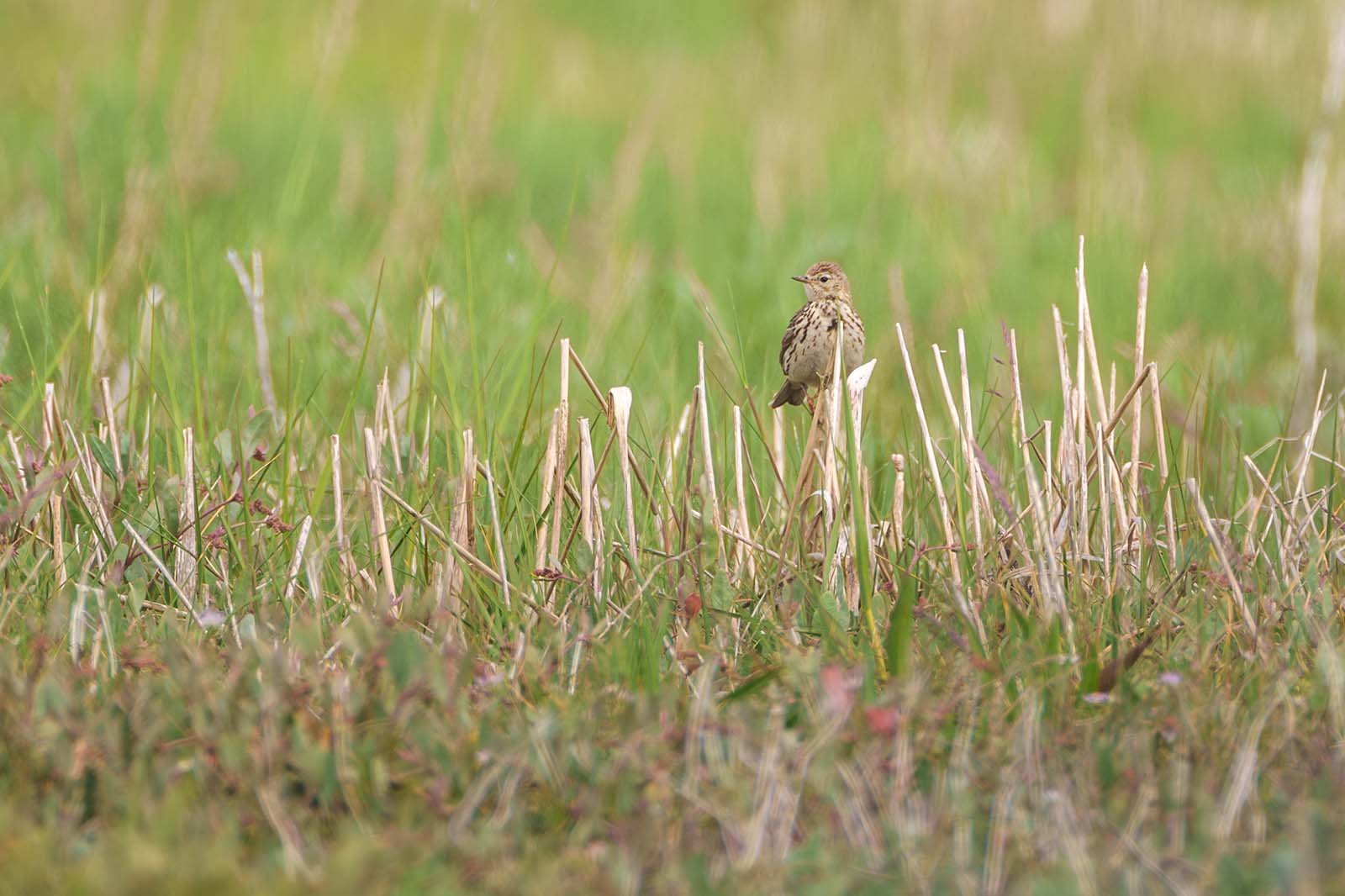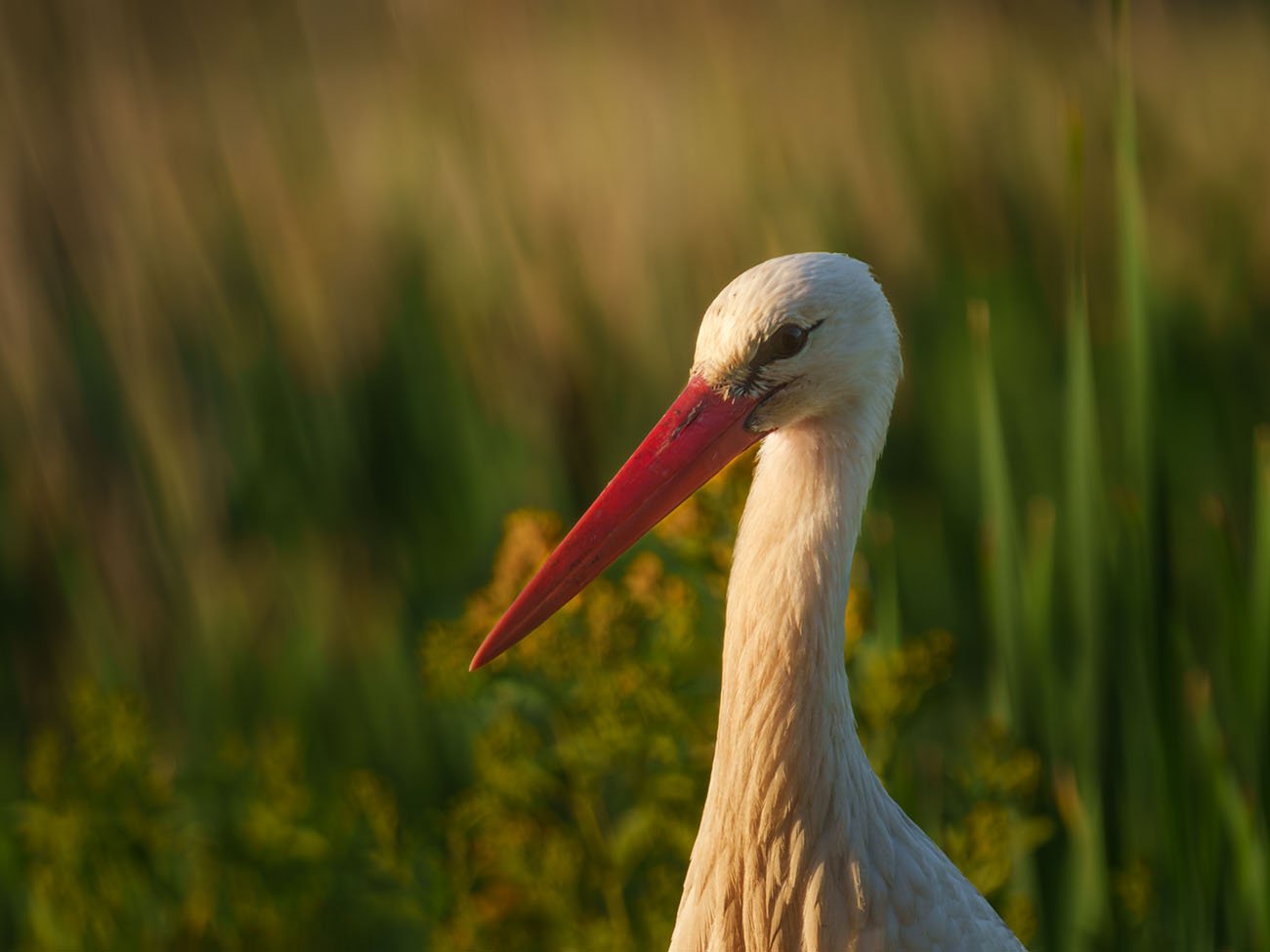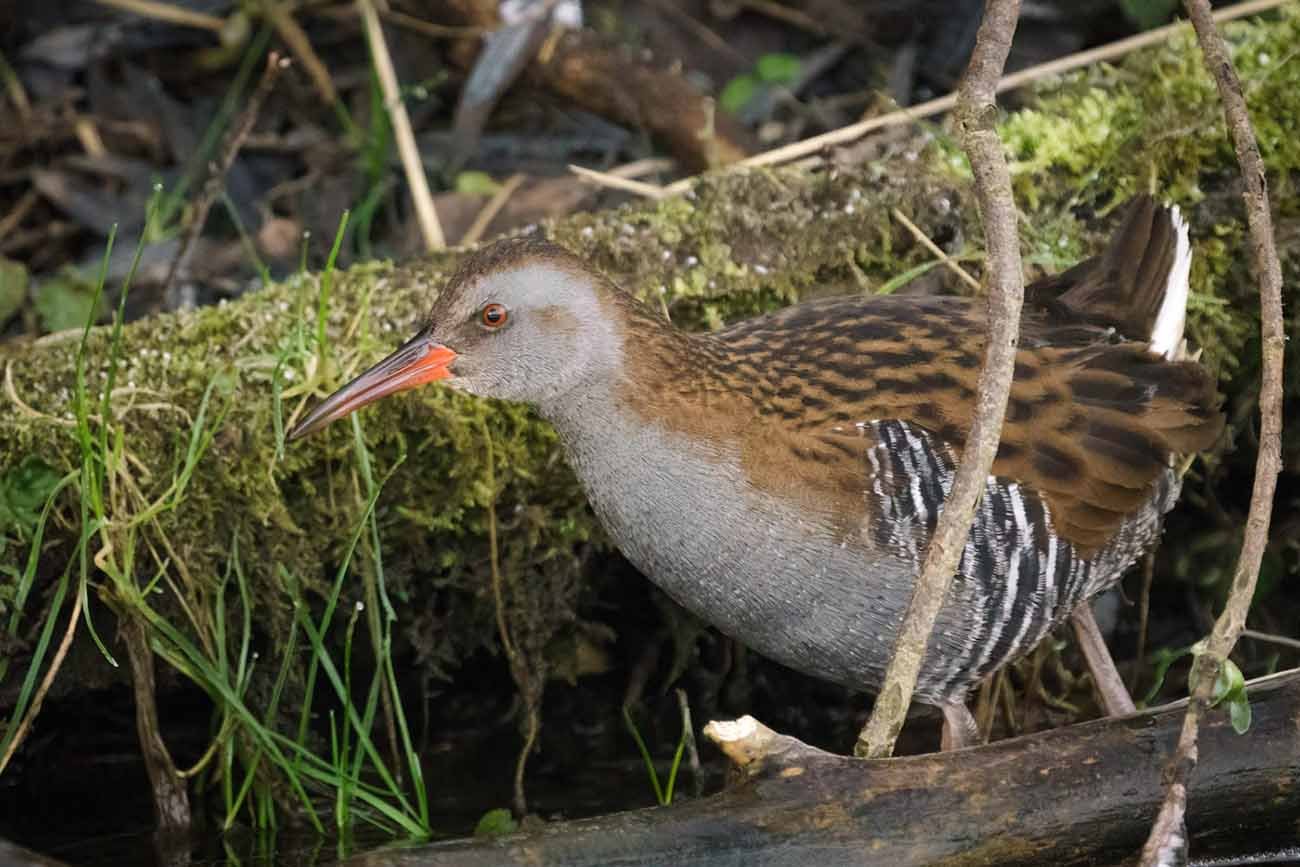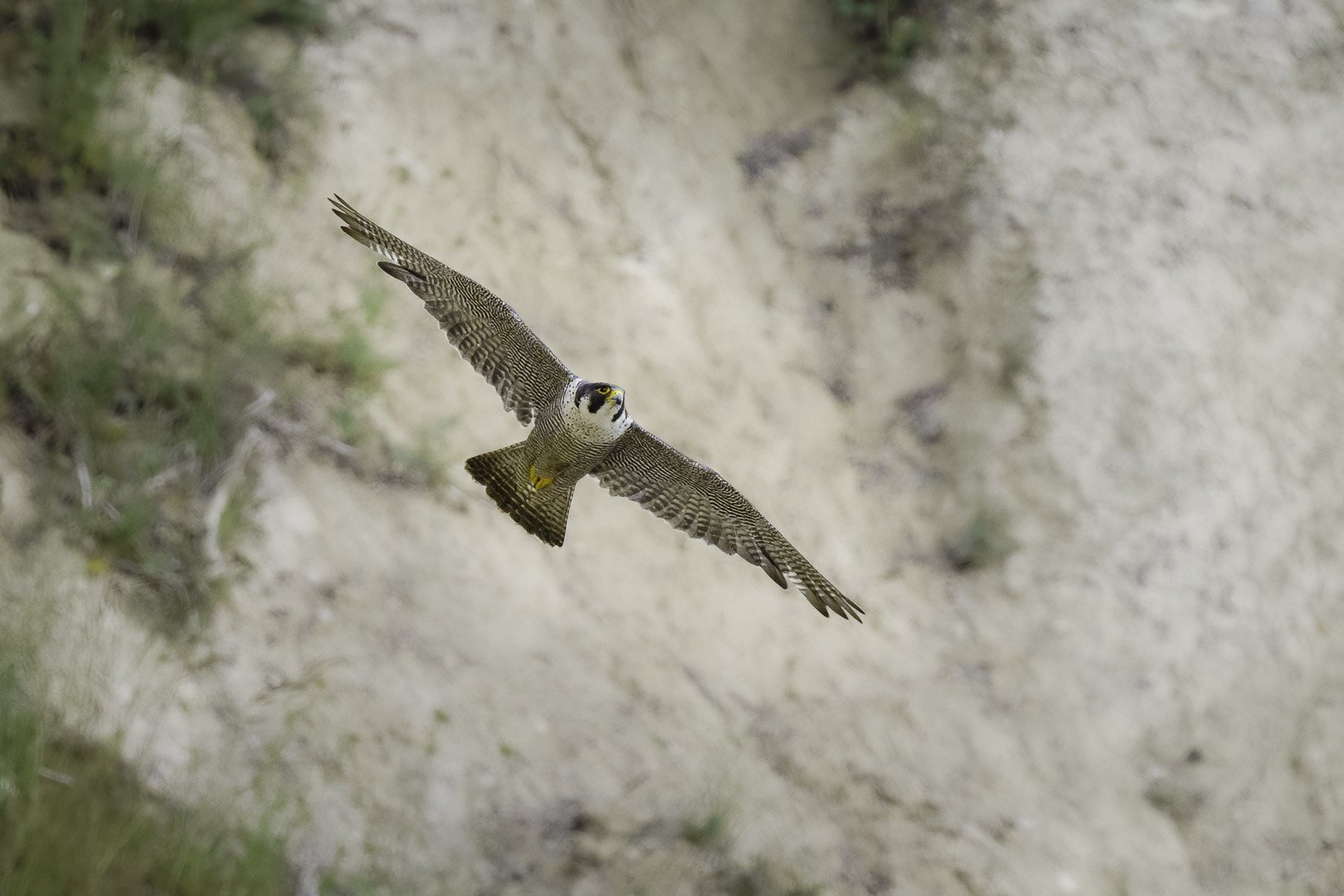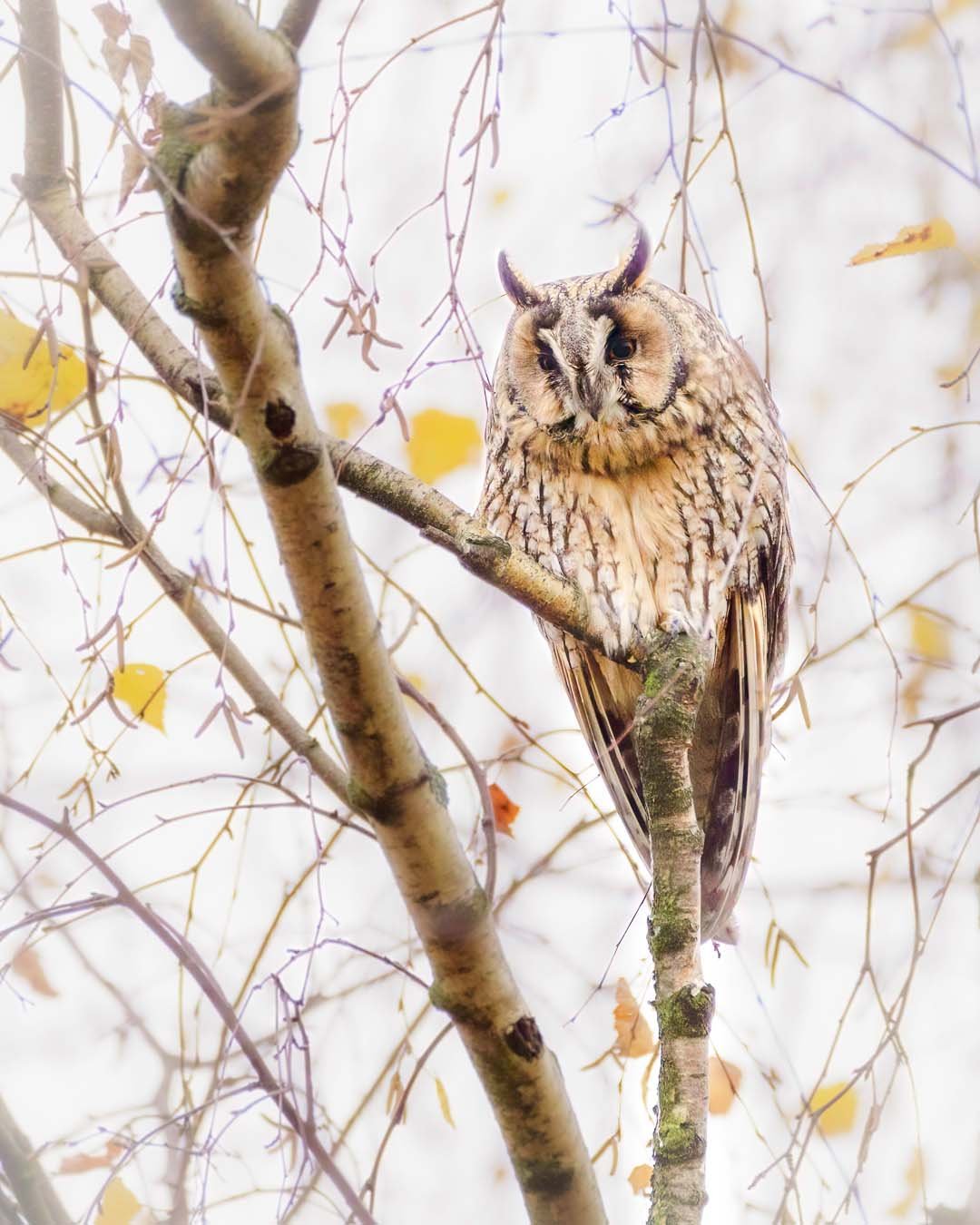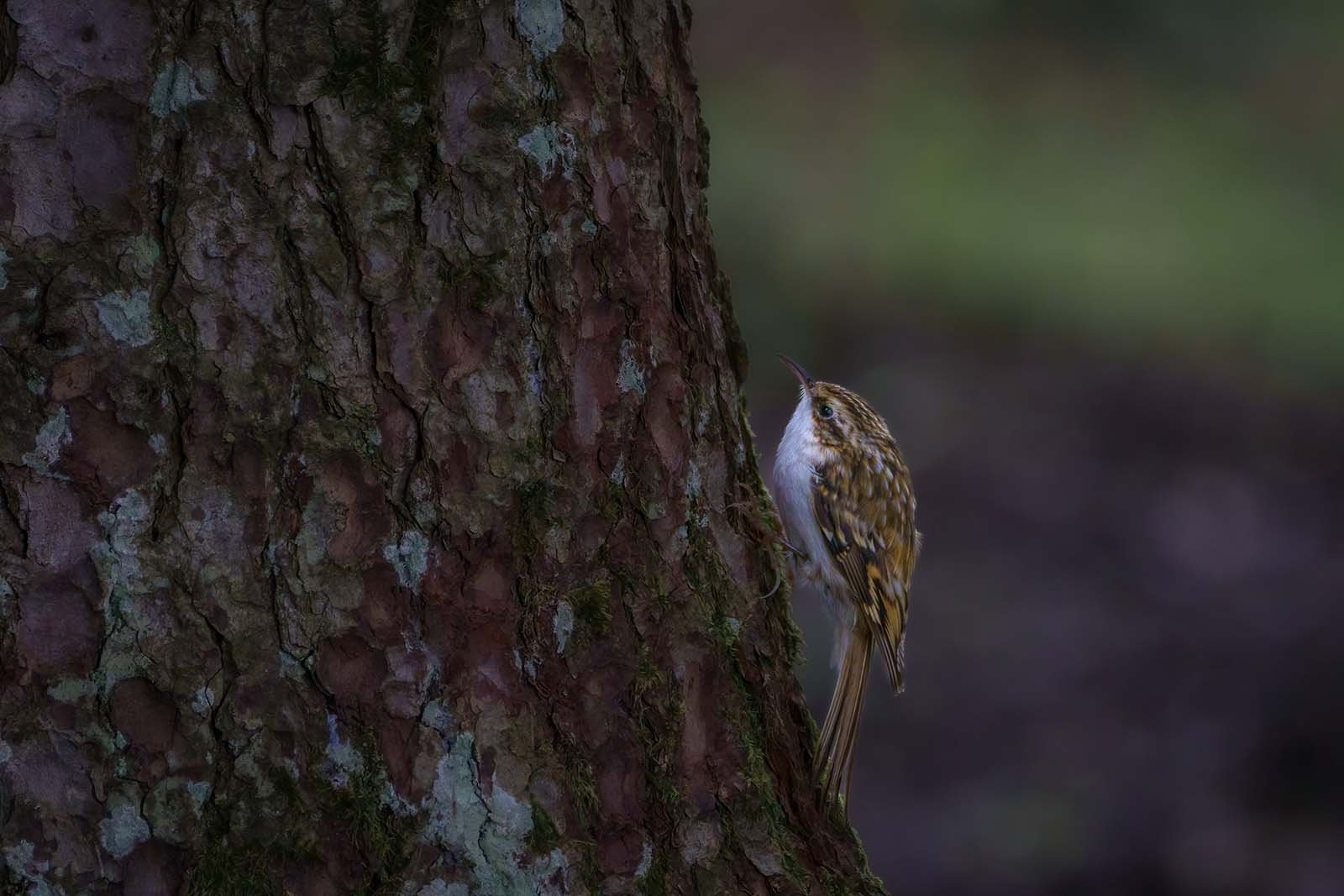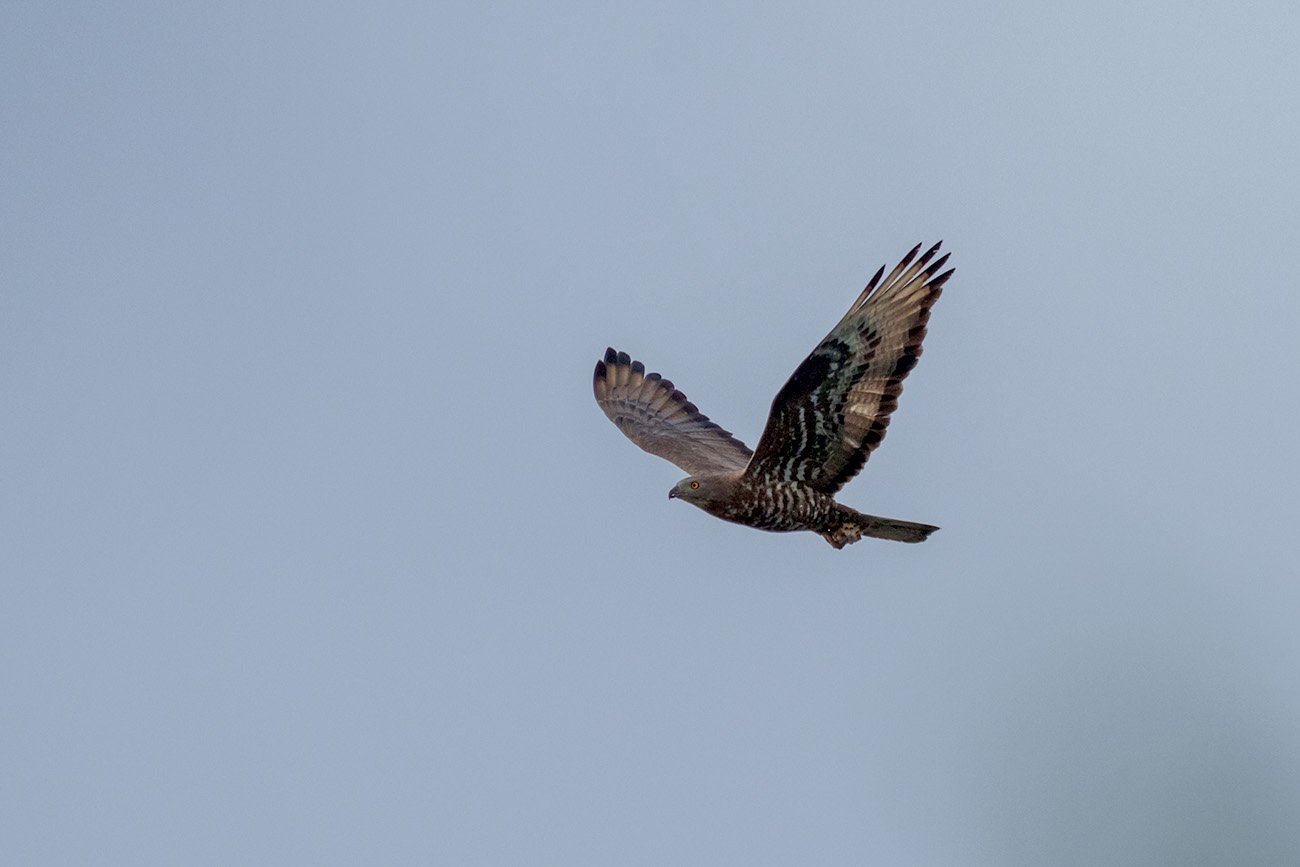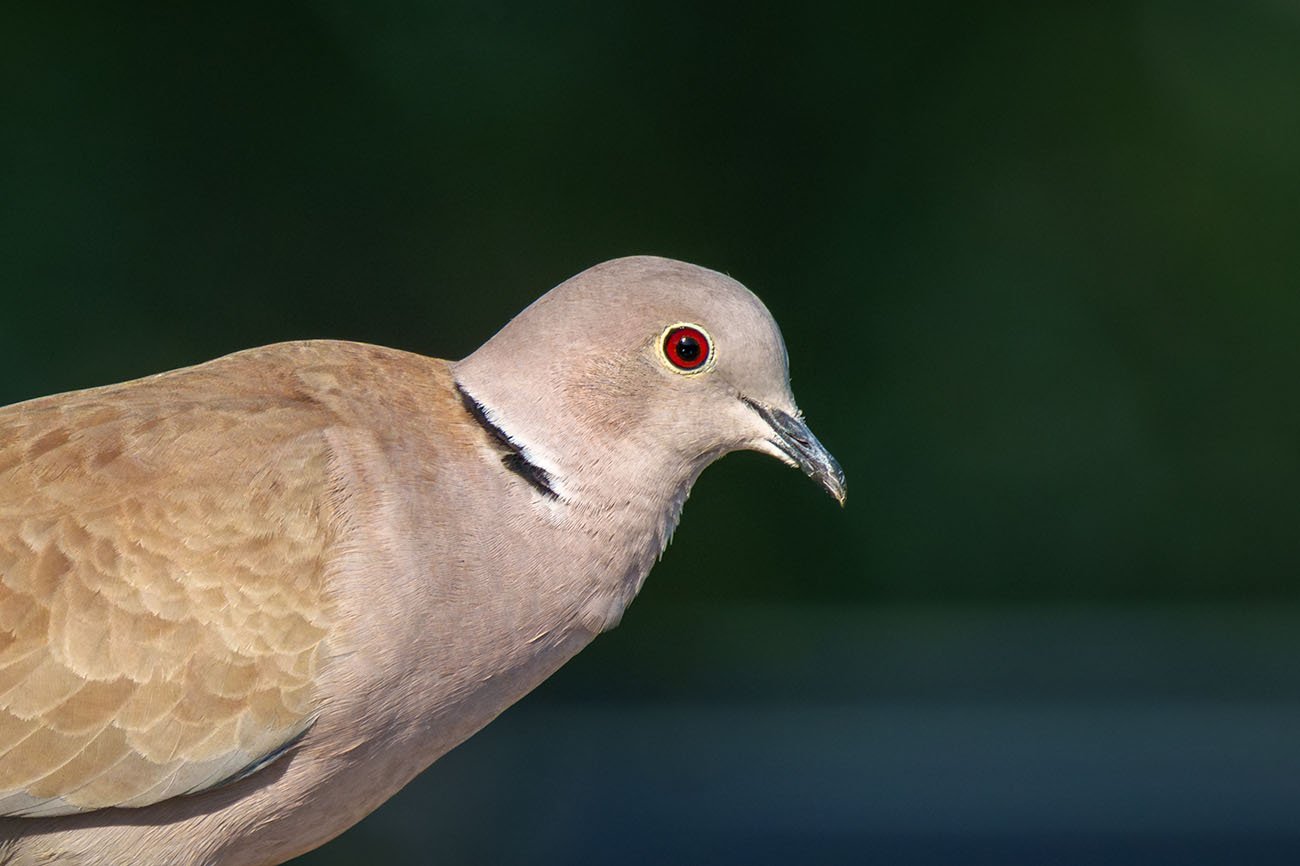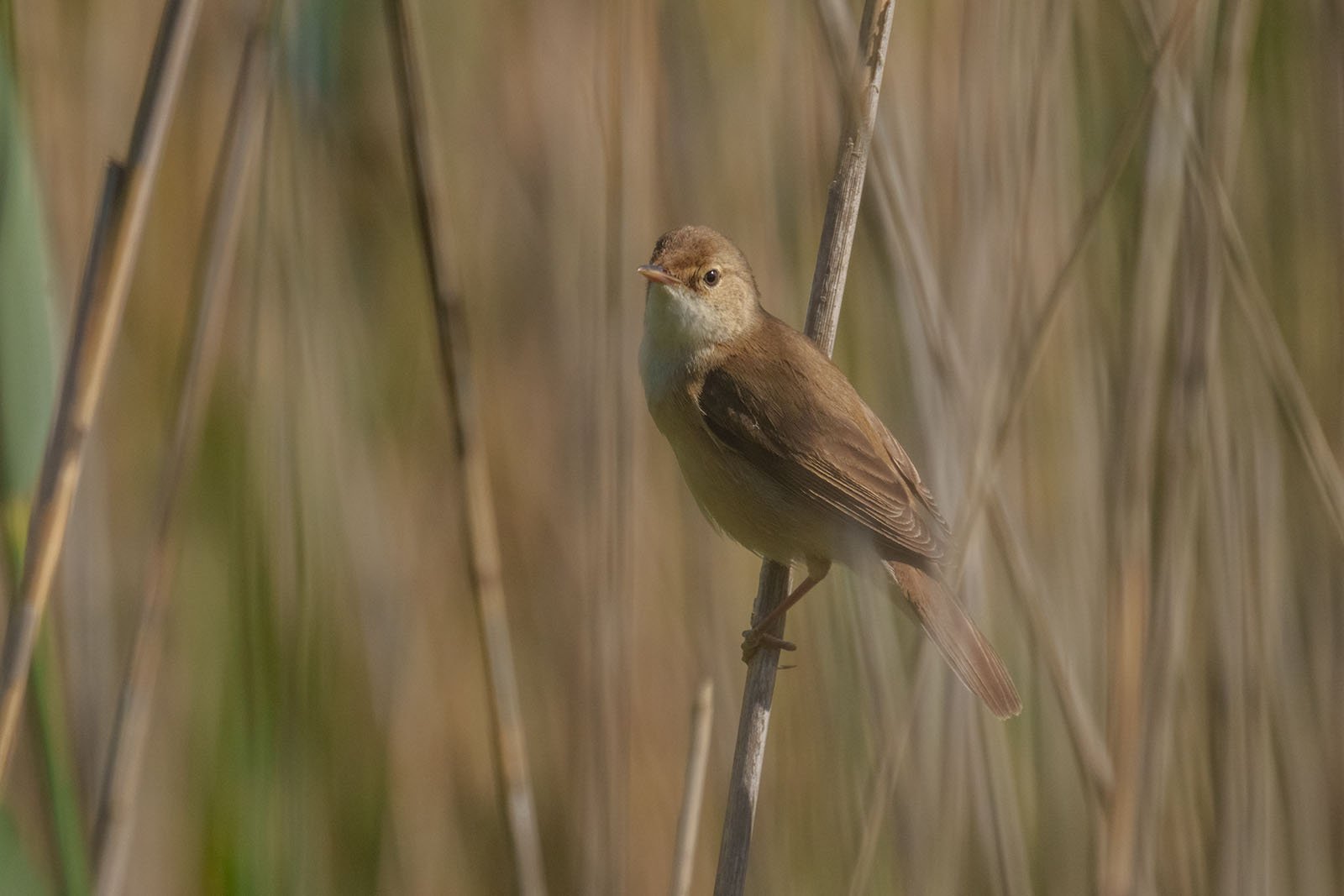Ural Owl (japonica)
Ural Owl (japonica) - I took this photo in Hokkaido, Japan
Key data
Size: 50 - 60 cm
Weight: 1 Kg
Diet: mammals, birds
Season: year-round bird
Observation tip: Japan Hokkaido
Photography tips:
Lens: 400 mm or greater
Difficulty level: medium
The Japanese Ural Owl (Strix uralensis japonica) is a subspecies of the Ural Owl and belongs to the family of owls, also known as EZO Owl. It is native to Japan and mainly inhabits mountain forests and deciduous forests at elevations of 500 to 2,500 meters. The Japanese owl species is a medium-sized owl with a body length of about 50 to 60 centimeters and a wingspan of 120 to 140 centimeters. Its feathers are brown and white, with the underside usually lighter than the back.
The Japanese Ural Owl can hunt for prey both while sitting and in flight. Its abilities enable it to catch animals as large as small rabbits or grouse. The main source of food for the Japanese Eagle Owl are mice and shrews, which it relies on all year round. Among rodents, voles play a particularly important role in its diet.
Could also be interesting for you:
🇩🇪 Wer schreibt hier:
Servus zusammen,
mein Name ist Markus und seit 2014 widme ich mich der Video- & Fotografie von Naturmotiven. Diese Leidenschaft begann während meiner zahlreichen Reisen durch Japan - von Hokkaido im Norden bis hinunter nach Okinawa im Süden. Diese Erfahrungen haben mich wieder stärker mit der Natur verbunden und auch die WildeNatur vor meiner eigenen Haustür entdecken lassen.
🇺🇸 Who is writing here:
Hello everyone,
My name is Markus, and I've been passionate about video and photography of nature scenes since 2014. This passion started during my many trips across Japan—from the northern reaches of Hokkaido all the way down to Okinawa in the south. These journeys have helped me reconnect with nature and also explore the wild beauty right outside my own front door.


